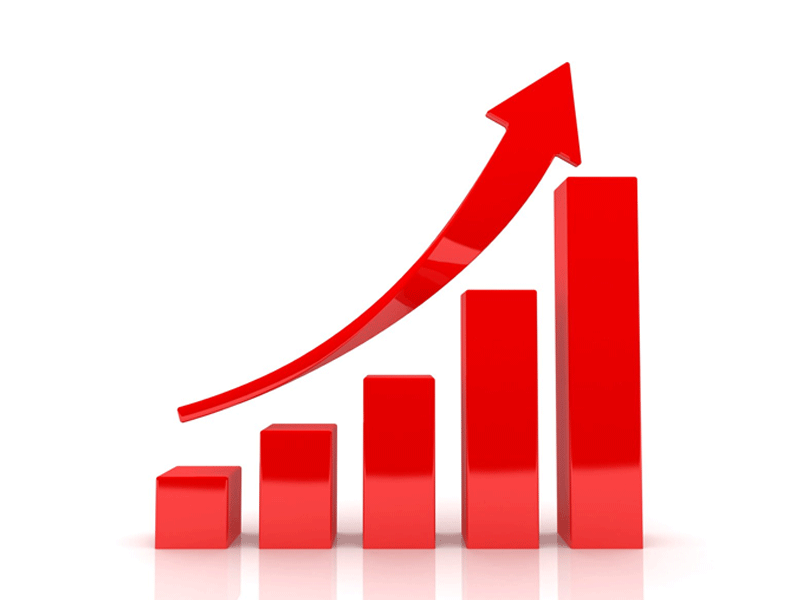By Gregory Kronsten
Where Big Oil, Big Pharma, bulge-bracket investment banks and Coca Cola once dominated US stock markets, their roles have now been usurped by the likes of Alphabet, Amazon, Apple, Facebook and Tesla Motors. The stellar performance of US equities in this year of COVID-19 can be traced to these new industries, in which we are generously including Amazon.
This sea-change came to mind when we saw media coverage of the annual sustainability report from Kenya’s Safaricom. The company estimates that it made a KES654bn (US$6.1bn) contribution to Kenya’s GDP in the 12 months to March 2020, equivalent to 6 per cent of GDP. The calculation covers jobs, opportunities for other firms along the value chain, taxes and dividends paid to the government, which has a 35 per cent stake, and its other shareholders.
More than one million Kenyans are directly or indirectly employed by the company in a population of 54 million. Because it employs people across the country such as its huge network of agents, we might argue that the company also contributes to social cohesion and stability. Safaricom is easily the largest company listed on the local stock exchange with market cap of US$11.2bn, and on three days out of four, is the most traded stock.
Our instinct might well be to dismiss the sustainability report as the work of public relations executives. This, however, would be to overlook the sensitivity required of a huge employer making robust profits in a low-income country. The company must tread carefully when it has the government as a large minority shareholder.
Similarly, MTN Nigeria (MTNN) also has to remain cautious, having been fined US$5bn equivalent (subsequently negotiated downwards) for regulatory breaches that appeared to have had national security implications. Being necessarily spread across the country, it is vulnerable to pressure from state and local governments. It is almost certainly the largest single non-oil taxpayer in Nigeria as well as being the largest listed company. MTNN is among the five most traded stocks in Lagos, while the two leaders are banks. Dangote Cement runs up close, having a market cap of US$6.4bn compared with MTNN’s US$7.2bn. This market cap is less than Safaricom’s because mobile penetration by any measure, including digital payments, is far more embedded in Kenya than in Nigeria.
The position of the two mobile operators has predictably strengthened since the emergence of COVID-19, as digital payments in Kenya rose by 28 […]
